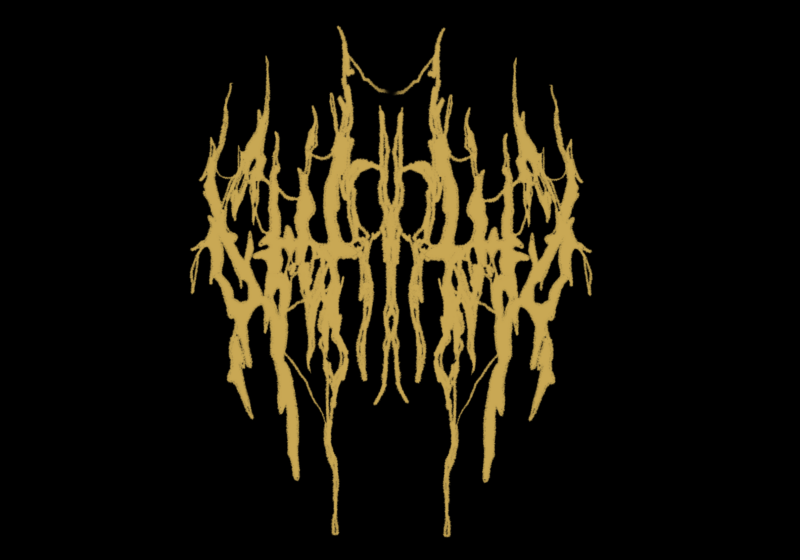An article in the Nov. 18 issue of Sports Illustrated quoted Dan Doyle — author of Encyclopedia of Sports Parenting — as saying, “Despite support for the notion of the three-sport athlete, many colleges aren’t looking for the well-rounded student anymore, but the well-rounded class.”
When it comes to Division I and II schools Doyle is right on, but at these levels the point is not up for discussion. In most cases, elite athletes are on scholarship to play a single sport. In other words, a basketball coach has the ability to tell his blue chip guard to stay off the track team if he feels it is in his team’s best interest and the same holds true should the track coach want his scholarship sprinter to stay off the football turf.
The place where Doyle’s argument does come into question is at the non-scholarship schools such as Ivy League and Div. III institutions. Div. III used to acknowledge the value of the well-rounded athlete, but I would argue that many of these schools, including UR, are now joining the trend toward specialization.
Every coach, regardless of division, has a primary objective — to win. In order to do this, “optional” year-round training is now expected, keeping athletes from participating in more than one sport. Specialization in athletics inherently breeds more individuals than team players. There is no “I” in team, but our athletes our quickly showing us there is a “me.” This individual approach to team sports often winds up working against the concept of a team.
The Sears Directors’ Cup has become the premier collegiate athletic honor. The award is emblematic of an athletic program that maintains a broad-base — achieving success in many sports, both men’s and women’s. The Cup has been awarded seven times in the history of Div. III, with Williams College claiming it six times. Williams has established a dominance in Div. III, which many attribute to multiple-sport participation.
Williams had 989 points in the 2001-2002 final standings of the Sears Cup, beating out second place Ithaca College by 137 points. UR earned 110 points, which was good for a 133rd place finish out of the 277 teams ranked. When compared with UCAA conference rivals, UR finished seventh out of nine. Similarly, UR finished seventh out of eight teams in the UAA conference.
How can UR get atop these conferences? More multi-sport participation might be the answer. When looking at our athletic program, the multi-sport athlete — minus you distance runners — is the exception. Maybe number one in the Sears Cup standings isn’t around the corner, but it would be nice to finish ahead of Nazareth and RIT.
Fitzsimmons can be reached at afitzsimmons@campustimes.org.





